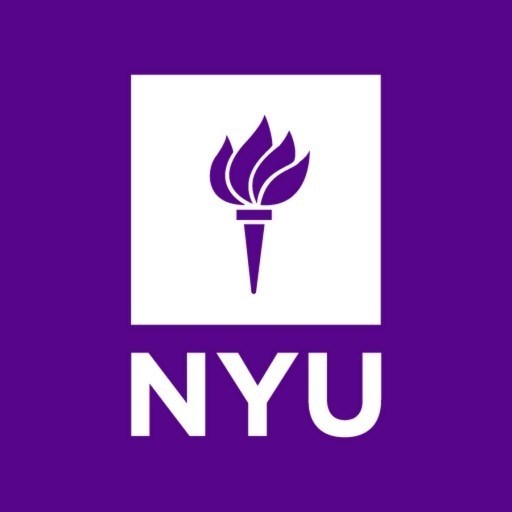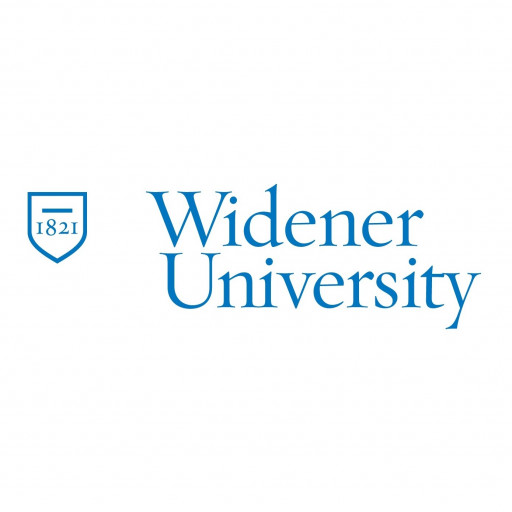Photos of university / #nyuniversity
Industrial Engineering at New York University offers a comprehensive curriculum designed to equip students with the analytical and technical skills necessary to optimize complex systems and processes across various industries. The program focuses on the integration of engineering principles, management strategies, and technological innovations to improve productivity, efficiency, and quality in manufacturing, healthcare, logistics, and service sectors. Students will engage in a blend of coursework, laboratories, and project-based learning that emphasizes problem-solving, decision-making, and the application of quantitative methods.
Throughout the program, students explore topics such as operations research, supply chain management, systems engineering, production planning, quality control, and data analytics. The curriculum is tailored to prepare graduates for leadership roles in designing, analyzing, and improving processes and systems. Emphasis is placed on the development of critical thinking and communication skills to effectively collaborate within multidisciplinary teams and communicate complex ideas clearly.
NYU's Industrial Engineering program also offers opportunities for hands-on experience through internships, cooperative education, and research projects in partnership with leading industries and institutions. Students are encouraged to participate in real-world challenges, applying their knowledge to develop innovative solutions. The program prepares students for careers in consulting, manufacturing, healthcare administration, transportation, and technology, among others. Graduates will be well-equipped with the technical expertise and strategic insights needed to drive operational excellence and innovation in their professional endeavors.
The faculty comprises experienced professionals and researchers dedicated to advancing the field of industrial engineering. They mentor students and support their academic and career development through workshops, seminars, and networking events. The program emphasizes lifelong learning and adaptability, ensuring graduates stay abreast of emerging trends and technologies in the dynamic landscape of industrial engineering.
At NYU, students also benefit from the university’s vibrant, diverse community and its location in New York City, providing access to a wide array of industry partnerships, cultural experiences, and professional growth opportunities. The Industrial Engineering program is committed to fostering an inclusive environment that encourages creativity, collaboration, and sustainability, preparing students to become responsible leaders and innovators in the global arena.
You must complete a total of 30 credits to obtain this degree.
Required Core Courses (12 Credits)
- 3 CreditsQuality Control and Improvement IE-GY 6113
- 3 CreditsFacility Planning and Design IE-GY 6213
- 3 CreditsFactory Simulation IE-GY 6823
- 3 CreditsProduction Science MN-GY 7893
Electives and Other Courses (18 Credits)
You must take 3 electives from manufacturing or industrial engineering for a total of 9 credits. An additional 3 electives are taken from any other graduate curriculum with the approval of the Program Director to ensure their compatibility with your professional objectives for the remaining 9 credits that are needed to fulfill the degree requirements.
You should elect other courses in consultation with your adviser. Concentrations in areas suited to your career interests are encouraged (e.g., manufacturing, mechanical engineering, operations management, construction management, transportation engineering or management, and management of technology). Courses from computer science or management may supplement such a concentration.
Requirements
You must hold a bachelor’s degree in a related discipline from an accredited institution and be able to demonstrate a superior undergraduate academic record. Applicants who do not meet these requirements are considered individually for admission and may be admitted subject to their completion of courses to remove deficiencies. Candidates are encouraged to seek waivers (and have approved substitutes designated) for all required courses in which they can demonstrate competence, thereby using their time effectively.
You must also have knowledge of engineering economics and probability and statistics. Prospective students lacking the relevant knowledge may satisfy the requirement by taking probability and statistics (MA 6513 or equivalent). Up to 3 credits of graduate courses in this category of prerequisite knowledge can be counted toward the degree as electives, although the electives needed for your concentration also must be satisfied.
- Application (online only)
- Application Fee of $75 (payable by major credit card only)
- Statement of Purpose / Personal Statement
- Résumé / Curriculum Vitae
- Two Letters of Recommendation
- One official transcript from each institution attended or attending
- GRE / GMAT
- English Language Proficiency Testing
- International students who will require a J-1 or F-1 visa to study at NYU will need to apply for a new I-20 or transfer by submitting financial documentation after admission. Do not submit financial documents (including bank statements and affidavits of support) with your application. Instructions for applying for a new I-20 or transfer will follow your letter of admission (if applicable).
Scholarships
- Merit Scholarships
- Global Education
- International Student Loans
- Federal Work-Study and Student Employment
The Bachelor of Science in Industrial Engineering at New York University is a comprehensive undergraduate program designed to prepare students for careers in optimizing complex systems and processes across various industries. The curriculum emphasizes a blend of engineering principles, applied mathematics, and management strategies to develop versatile professionals capable of improving efficiency, productivity, and quality. Students are introduced to core areas such as operations research, systems engineering, supply chain management, production planning, quality control, and data analysis. The program encourages hands-on learning through laboratory work, projects, and internships, enabling students to apply theoretical knowledge in real-world scenarios.
NYU’s industrial engineering program also emphasizes the importance of interdisciplinary collaboration, integrating insights from business, mathematics, and computer science. This approach equips graduates with the skills needed to analyze and solve complex problems using advanced technological tools, including simulation software, statistical analysis, and machine learning methods. The program prepares students for diverse career paths, including manufacturing, healthcare, consulting, logistics, and technology sectors. Graduates may pursue roles such as process analysts, supply chain managers, quality assurance engineers, or operations consultants.
The university’s location in New York City provides students with abundant opportunities for internships and networking with leading companies and innovative startups. The program benefits from state-of-the-art facilities and close ties with industry partners, facilitating experiential learning and career development. Students are encouraged to participate in research projects, competitions, and professional organizations to enhance their skills and professional connections.
Admission requirements typically include a strong academic record in high school mathematics and science courses, along with standardized test scores. The program also fosters a global perspective, encouraging students to consider international perspectives in engineering solutions and management practices. Graduates of the Industrial Engineering program at NYU are well-prepared to adapt to technological advances and changing industry demands, making them competitive candidates in the global job market. Upon completion, students receive a Bachelor of Science degree, certified by NYU, which serves as a foundation for further education or immediate entry into the workforce.






